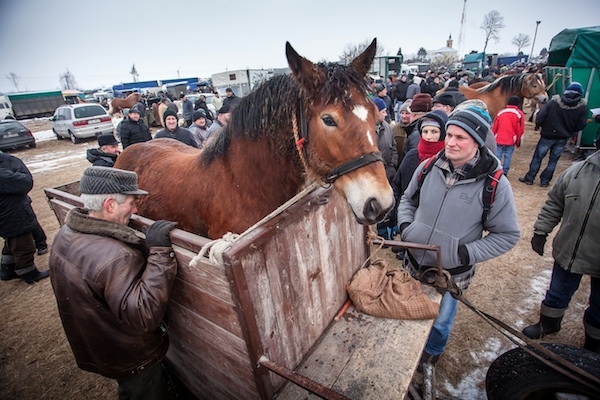When shadow Defra minister, Mary Creagh, first raised the possibility four months ago that the veterinary drug phenylbutazone – aka bute – might be found in horsemeat in supermarket products labelled as ‘beef’, both the Food Standards Agency (FSA) and the agriculture minister David Heath were quick to rubbish her statement. Heath placed his trust in the FSA and their testing procedures, safe in the knowledge that the FSA ensured that all meat was fit for human consumption, with tests for bute carried out regularly, and any positive results thoroughly invested.
But then, in February, it was discovered that British horsemeat containing the drug had been exported to Europe and had entered the food chain there. So Tuesday’s discovery that Asda corned beef – which had already been removed from the shelves due to its horsemeat content – was found to contain bute came as little surprise. It seemed almost a logical next step that contaminated products might be contaminated not just by horsemeat, but by bute-affected horsemeat.
It’s true that the risks posed from bute are relatively small (it can cause a potentially fatal bone marrow disorder in humans, and is proven to be carcinogenic in rats) – but the fact is that the drug is banned from the human food chain for a reason.

Get Britain's best politics newsletters
Register to get The Spectator's insight and opinion straight to your inbox. You can then read two free articles each week.
Already a subscriber? Log in








Comments
Join the debate for just £1 a month
Be part of the conversation with other Spectator readers by getting your first three months for £3.
UNLOCK ACCESS Just £1 a monthAlready a subscriber? Log in